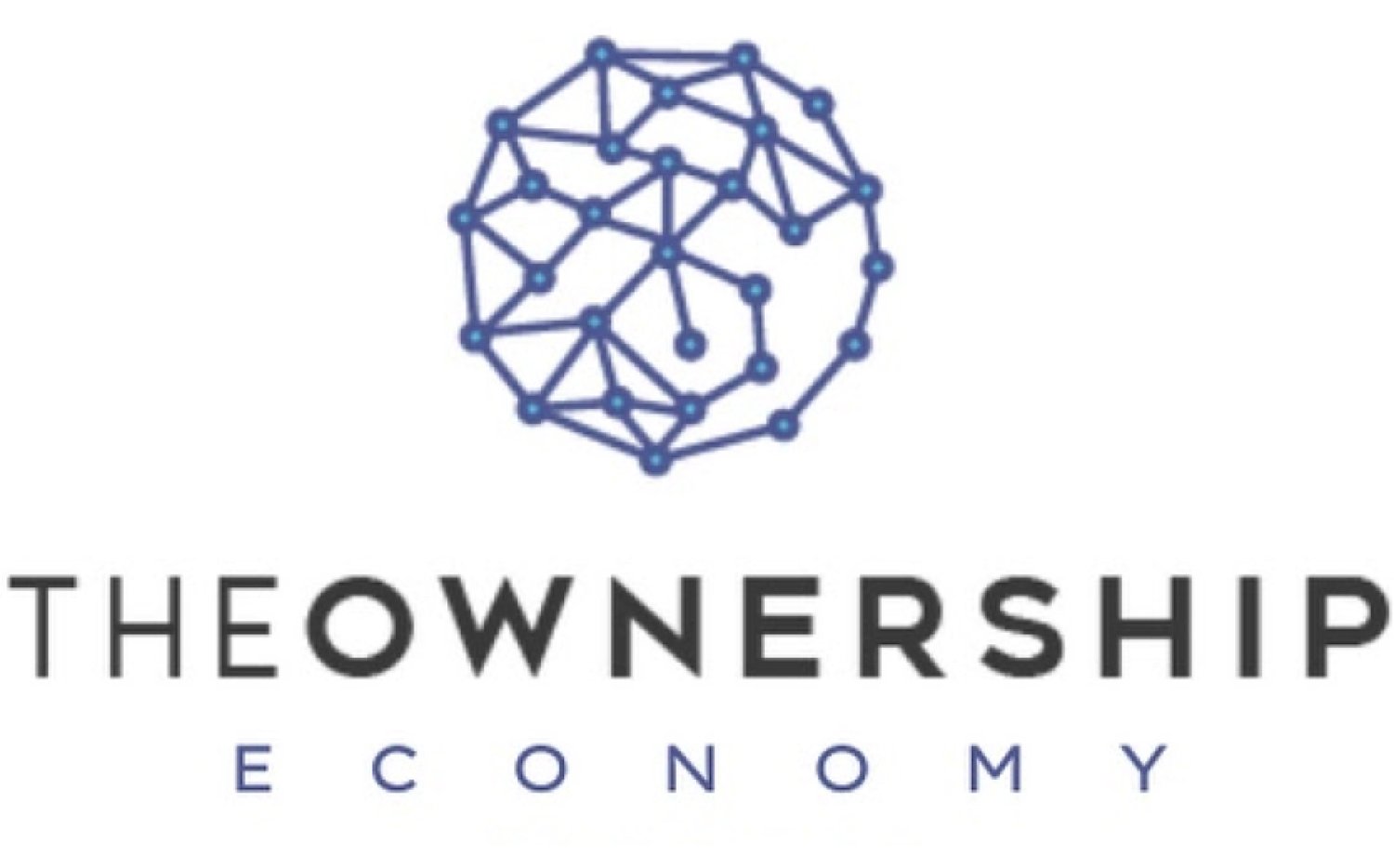Employee Ownership Model Gains Recognition at Jerba Campervans
In a growing shift towards employee ownership models, Jerba Campervans, a leading campervan conversion company based in the UK, has attracted significant attention for its 100% employee-owned structure.
The company, renowned for its Volkswagen and Ford campervan conversions, recently garnered praise from Douglas Alexander, Member of Parliament for East Lothian, who visited the company's headquarters to learn firsthand about the benefits of this business model. His visit is part of a broader conversation happening within both the UK and the global automotive industry about the future of ownership, work culture, and profitability.
Empowering Workers Through Ownership
Jerba Campervans’ employee ownership model, implemented in January 2018, is an example of how businesses are evolving to empower workers, create shared prosperity, and foster a more engaged workforce. Based in Halfland Barns near North Berwick, Jerba has established itself as a leader in the conversion of high-quality campervans for some of the world's most recognized car brands, including Volkswagen, with full approval from Ford UK in the pipeline. The company’s 100% employee-owned structure has positioned it at the intersection of sustainability, innovation, and worker satisfaction—a model gaining traction within the broader automotive sector.
A Commitment to Fair Wages and Profit Sharing
Jerba Campervans, which has long been a proponent of employee ownership, shares profits directly with its workers and has earned accreditation as a real living wage employer. This is an essential feature for a company striving to balance profitability with social responsibility, giving employees both a financial stake and a voice in the decisions that shape the company's future. By providing a more direct connection between workers and the success of the business, Jerba has created an environment where everyone feels personally invested in the company’s growth.
Douglas Alexander’s visit highlighted the importance of this business model, particularly within an industry like automotive manufacturing, where traditional ownership structures often leave workers distanced from the financial outcomes of their labor. “I had heard many positive things about Jerba Campervans,” said Alexander, “and was delighted to have the opportunity to visit and see the real-world impact that employee ownership has had on the business.” The MP commended the company for its "inspirational" growth, noting the way the employee ownership structure has fostered a sense of ownership and responsibility among the team, which in turn has driven success.
Jerba’s Success Reflects a Larger Industry Shift
Jerba Campervans’ success story is an important part of a larger narrative within the global automotive sector, where companies like Tesla, Rivian, and even large manufacturers like Ford and General Motors are rethinking their labor models. While these big automakers dominate the global market with their innovations in electric vehicles, Jerba’s focus on creating a more engaged workforce through employee ownership represents a new frontier in business structures that prioritize people alongside profit.
Employee Ownership Models Gain Global Attention
The potential impact of employee ownership extends far beyond small businesses. As the U.S. and the U.K. continue to push forward with more sustainable business practices and more inclusive economic models, the success of companies like Jerba Campervans points to a future where businesses of all sizes may adopt this model as a means of fostering growth, increasing employee satisfaction, and boosting long-term profitability.
Jerba's influence within the automotive conversion space, especially given its relationships with major brands like Volkswagen, marks a pivotal moment for businesses in the sector. By embracing employee ownership, Jerba is not only advocating for a more equitable model of business operation but is also demonstrating how such models can thrive in competitive industries that traditionally favor centralized control.
The Growing Relevance of Employee Ownership
The visit from Alexander, who took the time to meet with Simon Poole, co-founder of Jerba Campervans, was a clear acknowledgment of the growing relevance of this business model. “It’s clear that employee ownership has proven to be hugely beneficial for the business,” Poole remarked, underscoring the broader importance of this success story for businesses in the U.S. and abroad.
As employee ownership continues to gain traction in the U.S. and around the world, Jerba Campervans offers a compelling case for how businesses can integrate a more sustainable, people-first model that could reshape the future of the automotive industry. Whether through the development of electric vehicles, better labor practices, or innovative business structures, the company's example provides a blueprint for companies looking to thrive in an evolving economy.
For the growing number of businesses in the U.S. considering alternative ownership models, Jerba Campervans stands as a beacon of what can be achieved when employees are given the opportunity to directly shape the future of the companies they work for—both financially and operationally. As the automotive industry accelerates its focus on sustainability and innovation, employee ownership will undoubtedly play a critical role in shaping this new era.

